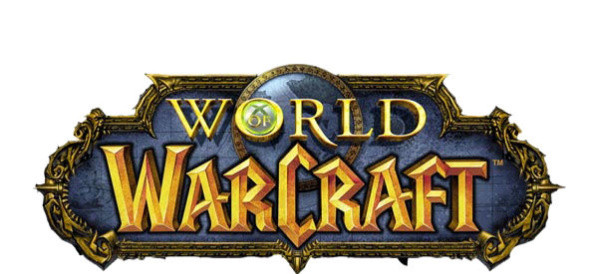 5 Termes
5 TermesAccueil > Termes > Bosniaque (BS) > narator
narator
The voice of the person telling the story, not to be confused with the author’s voice. With a first-person narrator, the I in the story presents the point of view of only one character. The reader is restricted to the perceptions, thoughts, and feelings of that single character. For example, in Melville’s "Bartleby, the Scrivener," the lawyer is the first-person narrator of the story. First-person narrators can play either a major or a minor role in the story they are telling. An unreliable narrator reveals an interpretation of events that is somehow different from the author’s own interpretation of those events. Often, the unreliable narrator’s perception of plot, characters, and setting becomes the actual subject of the story, as in Melville’s "Bartleby, the Scrivener." Narrators can be unreliable for a number of reasons: they might lack self-knowledge (like Melville’s lawyer), they might be inexperienced, they might even be insane. Naive narrators are usually characterized by youthful innocence, such as Mark Twain’s Huck Finn or J. D. Salinger’s Holden Caulfield. An omniscient narrator is an all-knowing narrator who is not a character in the story and who can move from place to place and pass back and forth through time, slipping into and out of characters as no human being possibly could in real life. Omniscient narrators can report the thoughts and feelings of the characters, as well as their words and actions. The narrator of The Scarlet Letter is an omniscient narrator. Editorial omniscience refers to an intrusion by the narrator in order to evaluate a character for a reader, as when the narrator of The Scarlet Letter describes Hester’s relationship to the Puritan community. Narration that allows the characters’ actions and thoughts to speak for themselves is called neutral omniscience. Most modern writers use neutral omniscience so that readers can reach their own conclusions. Limited omniscience occurs when an author restricts a narrator to the single perspective of either a major or minor character. The way people, places, and events appear to that character is the way they appear to the reader. Sometimes a limited omniscient narrator can see into more than one character, particularly in a work that focuses on two characters alternately from one chapter to the next. Short stories, however, are frequently limited to a single character’s point of view. See also persona, point of view, stream-of-consciousness technique.
- Partie du discours : nom
- Synonyme(s) :
- Blossaire :
- Secteur d’activité/Domaine : Littérature
- Catégorie : Littérature générale
- Company:
- Produit :
- Acronyme-Abréviation :
Autres langues :
Commentaires
Les termes dans Actualités
Termes en vedette
World of Warcraft, WOW
World of Warcraft, or WoW, is a large multiplayer online role-playing game by Blizzard Entertainment. It is the fourth episode in the fantasy Warcraft ...
Contributeur
Blossaires en vedette
farooq92
0
Termes
47
Blossaires
3
Abonnés
Most Popular Free Software
 5 Termes
5 Termes
Marouane937
0
Termes
58
Blossaires
3
Abonnés
10 Of The Most Dangerous Hit-men of All Time
 10 Termes
10 Termes
Browers Terms By Category
- Yachting(31)
- Les pièces sont expédiées(4)
- Locations de bateaux(2)
- General sailing(1)
Voile(38) Terms
- Chapeaux & casquettes(21)
- Echarpes(8)
- Gants et mitaines(8)
- Accessoires pour cheveux(6)
Accessoires de mode(43) Terms
- Termes de discothèque(32)
- Termes de bar(31)
Bars & discothèques(63) Terms
- Bijouterie générale(850)
- Style, couper & ajuster(291)
- Marques et étiquettes(85)
- General fashion(45)
Mode(1271) Terms
- Outils à main(59)
- Outils de jardin(45)
- General tools(10)
- Outils de construction(2)
- Pinceaux(1)


